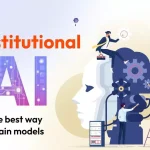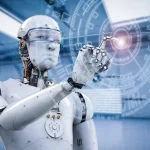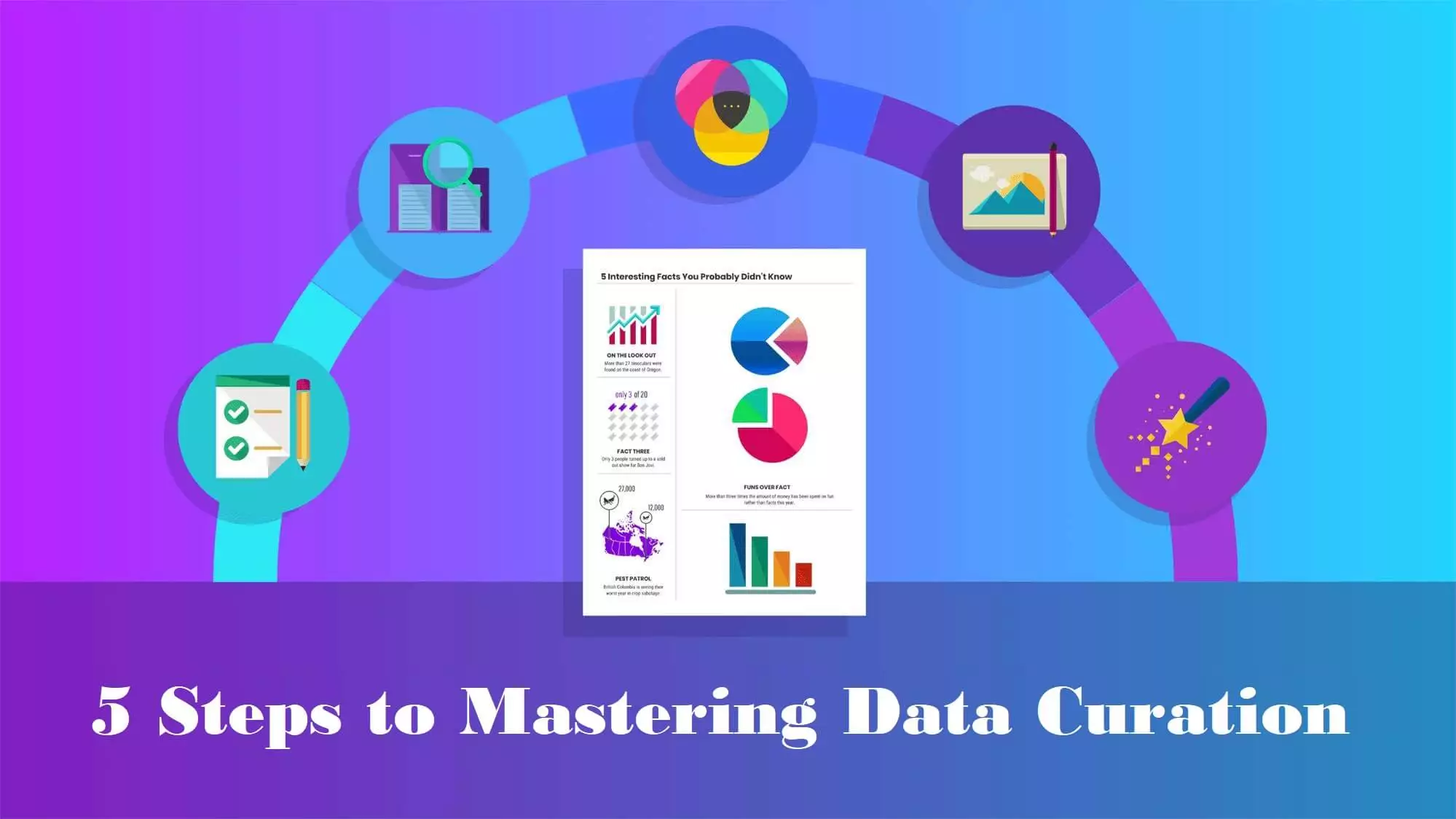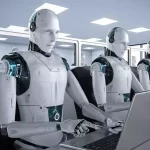The future of robotics looks bright as advances in artificial intelligence are enabling robots to become smarter, more autonomous, and more helpful. As AI capabilities continue to grow, robots will take on more complex tasks and interact with humans in more natural ways. Here are 10 ways AI is set to make robots smarter and more helpful in the years to come:
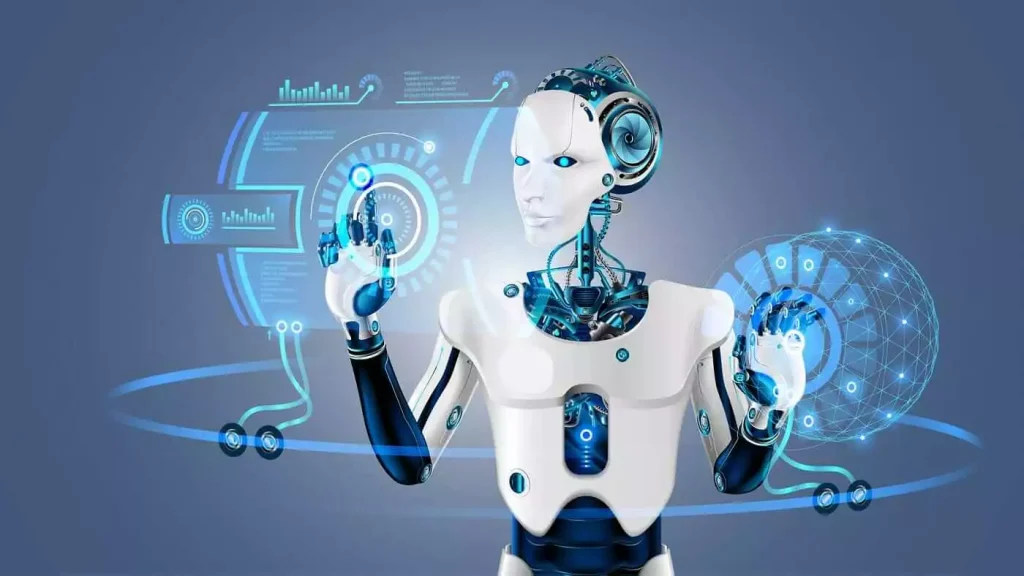
Content
Enhanced Perception and Navigation
One of the biggest impacts of AI on robotics will be in computer vision, object recognition, and environmental perception. Powered by deep learning, robots will gain increasingly human-like abilities to see, hear, navigate complex environments, and understand their surroundings. Advanced computer vision will allow robots to identify objects, read text, and navigate cluttered spaces with ease. With sophisticated perception capabilities, robots will be able to assist humans in many new domains like elder care, childcare, retail, and more.
Natural Language Processing
For robots to truly assist humans, they need to be able to communicate through natural language. Advances in natural language processing (NLP) are allowing robots to understand speech, translate between languages, and engage in basic conversations. As NLP capabilities progress, robots will gain the ability to have fluid discussions with people, answer questions, take commands, and provide information through natural dialog. Robots powered by conversational AI will be much easier for all people to interact with.
Advanced Manipulation and Dexterity
While robots today can perform repetitive tasks with precision, their manipulation abilities pale in comparison to humans. AI is helping researchers develop more dexterous and versatile robot hands, arms, and grippers that can grasp delicate objects, complete multi-step tasks, and replicate human dexterity. Combined with computer vision, advanced manipulation will allow robots to assist with complex tasks in manufacturing, logistics, healthcare, and more. Robots may even gain skills like tying shoes or doing intricate surgery.
Autonomous Decision Making
For robots to truly operate independently and assist humans in unpredictable environments, they need autonomous decision making abilities. AI is helping endow robots with advanced planning, problem solving, and decision making skills. Powered by machine learning, robots will be able to make complex decisions, handle unexpected situations, and come up with creative solutions on their own. This level of autonomy will make robots much more helpful for tasks like deliveries, elder care, disaster response, and space exploration.
Personalized Assistance
As robots gain more data about individual humans, environments, and tasks through AI, they will be able to provide highly personalized assistance. Robots powered by deep learning will remember preferences, learn patterns of behavior, and adapt their assistance based on unique human needs and circumstances. Personalized robots may help individuals with disabilities or health conditions, keep children or elders safe, and make personalized recommendations. This level of customization will make robots much more helpful companions and assistants.
Emotional Intelligence
For robots to truly understand and assist humans, they need to develop some level of emotional intelligence. Researchers are using AI to help robots recognize human emotions, express empathy, and respond appropriately in different social situations. As robots gain emotional skills, they’ll be able to provide sensitive care, engage children in learning, and interact with all people in a respectful manner. This type of socio-emotional intelligence will be key for robots assisting in domains like elder care, therapy, education, and customer service.
Self-Supervision and Lifelong Learning
For robots to continuously improve and take on new tasks over long periods of time, they need the ability to learn autonomously without direct human supervision. AI is allowing robots to learn from their interactions with the world, to learn from other robots, and even to teach themselves via self-supervised learning. This lifelong learning will enable robots to gain new skills on the fly and continuously adapt to changing environments and needs over many years of operation. It’s one of the most promising ways AI will make robots smarter and more helpful.
Explainable Reasoning
For people to truly trust robots, especially in sensitive domains, robots need to be able to explain their decisions, perceptions, and line of reasoning. Researchers are using AI to develop techniques for making robot decision making processes more transparent and explainable to humans. As robots gain the ability to clearly communicate their thought processes, it will help build confidence and trust between humans and robots. Explainable AI will be crucial for applications like assistive robotics, autonomous vehicles, and medical devices.
Swarm Intelligence and Collective Problem Solving
While individual robots will continue to gain new skills, the real power of robotics may come when robots can collaborate as a group. AI is enabling the development of swarm robotics and collective intelligence – where large fleets of robots can self-organize to complete complex tasks. By sharing information and coordinating decisions, robot swarms can exhibit problem-solving abilities far beyond any individual robot. This type of distributed intelligence promises to revolutionize domains like logistics, infrastructure projects, space exploration, and more.
Ethical and Beneficial AI
For robots and AI to truly benefit humanity in the long run, they need to be developed and applied in an ethical, safe, and beneficial manner. Researchers are actively working on techniques like constitutional AI, value alignment, and whole-system verification to ensure advanced robotics systems are aligned with human values, avoid unintended harm, and act for the benefit of people. As these methods progress, it will help maximize the societal good that can come from increasingly intelligent and autonomous robots.
In summary, as AI capabilities continue to grow, robots are poised to become much smarter, more autonomous, and more helpful partners to humanity. Advances in computer vision, natural language processing, dexterous manipulation, autonomous decision making, personalized assistance, emotional intelligence, lifelong learning, swarm intelligence and ethical AI development promise to revolutionize robotics. On my blog ‘Best Prompt AI Hub’, I will continue exploring the exciting future of this transformative technology and how it can enhance our lives for the better. What are your thoughts on the future of robotics? How do you think AI will impact this field?
Artificial intelligence is transforming robotics, enabling machines to learn, adapt, and assist in daily tasks more efficiently. Businesses looking to explore this innovation can advertise with us to showcase cutting-edge solutions and reach tech-savvy audiences.
FAQs
When will we have truly intelligent robots that can think and act like humans?
While AI and robotics progress is rapid, fully human-level artificial general intelligence is still many years away according to most experts. Robots will continue gaining narrow skills in the coming decade, but true human-level cognition, general problem solving abilities, common sense, and consciousness remain grand challenges. Most predict it will likely be several decades or longer before robots rival human-level intelligence, if it is even possible. In the meantime, robots enhanced by specialized AI can still be very helpful.
Will advanced robots eventually replace human jobs?
It is likely that many existing human jobs will be transformed by robotics and AI in the coming decades. Robots may replace humans for physically demanding, dangerous, repetitive or routine tasks. However, most experts predict that new types of jobs will also be created to develop, maintain, oversee and work alongside advanced robotic systems. Overall job loss predictions vary widely, but many new career fields focusing on technology, healthcare, education and creative work are expected to emerge. With proper support and training, the workforce can adapt to stay relevant in an increasingly automated world.

George is a wonderful person. He is very nice and always willing to help out! He loves his job because it lets him share interesting things with people who want to know about new developments in the world of technology.

